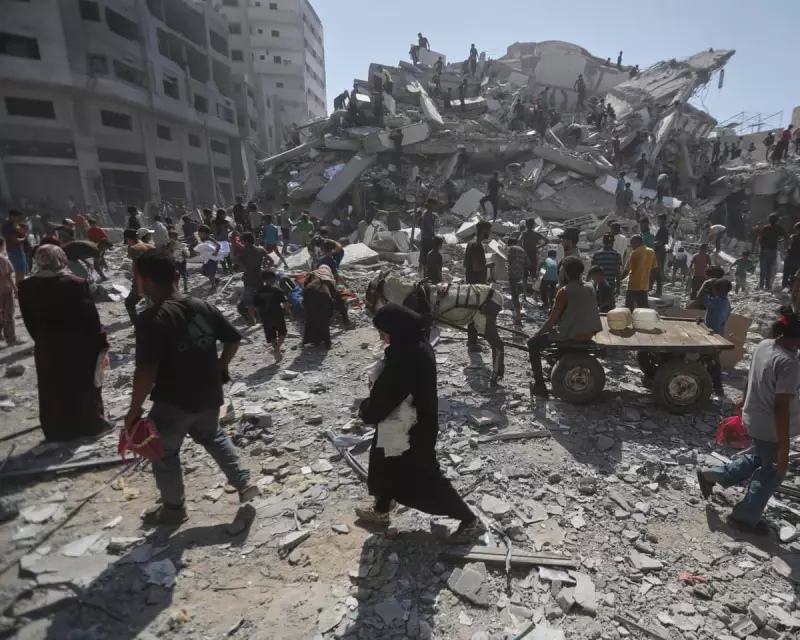
In a potentially groundbreaking development for Middle East diplomacy, Hamas appears to be moving toward accepting the Trump administration's peace framework, albeit with substantial modifications, according to regional specialists.
A Shift in Stance
Multiple sources familiar with the negotiations suggest the militant organisation is preparing to engage with the proposed settlement, marking a significant departure from their previous outright rejection of US-brokered initiatives.
The Revision Demands
Central to Hamas's anticipated counter-proposal is the complete overhaul of what has been termed the 'New Palestine' concept. Experts indicate this element of the Trump plan has drawn particular criticism for its perceived limitations on Palestinian sovereignty.
"While the willingness to engage represents progress, Hamas will likely insist on fundamental changes to the statehood provisions," noted Dr. Elena Petros, a Middle East analyst at the Royal Institute of International Affairs. "The current framework's territorial and governance structures remain unacceptable to Palestinian leadership."
Diplomatic Calculations
The potential shift comes amid increasing international pressure for a resolution to the ongoing conflict and worsening humanitarian conditions in Gaza. Regional analysts suggest Hamas may be calculating that a negotiated settlement, even an imperfect one, offers better long-term prospects than continued isolation.
However, significant obstacles remain. The proposed revisions would need approval from both Israeli negotiators and the Trump administration, neither of which has shown willingness to substantially alter the plan's core principles.
Regional Implications
Should Hamas formally accept the framework with negotiated amendments, it could dramatically alter the regional political landscape. Such a move might pressure other Palestinian factions to engage more constructively with the peace process and potentially isolate rejectionist elements.
As one Western diplomat cautiously observed: "We're witnessing the early stages of what could become the most significant breakthrough in Israeli-Palestinian negotiations in over a decade, though the path forward remains exceptionally fragile."






